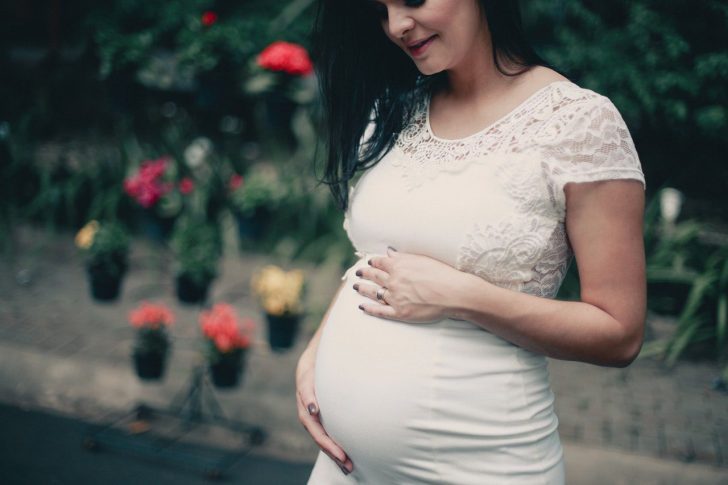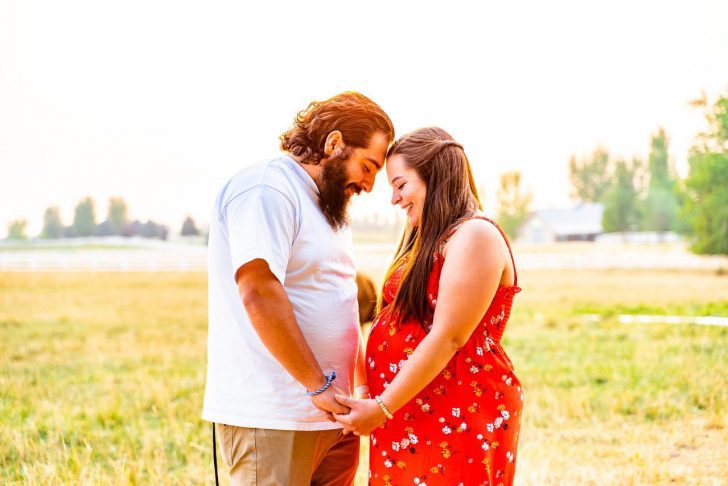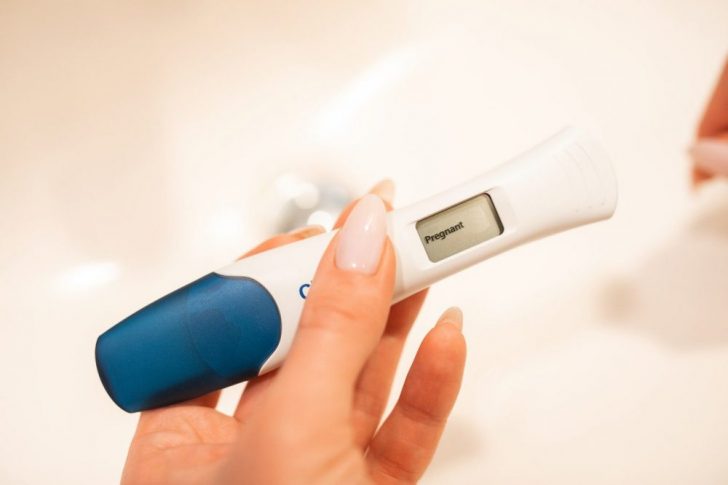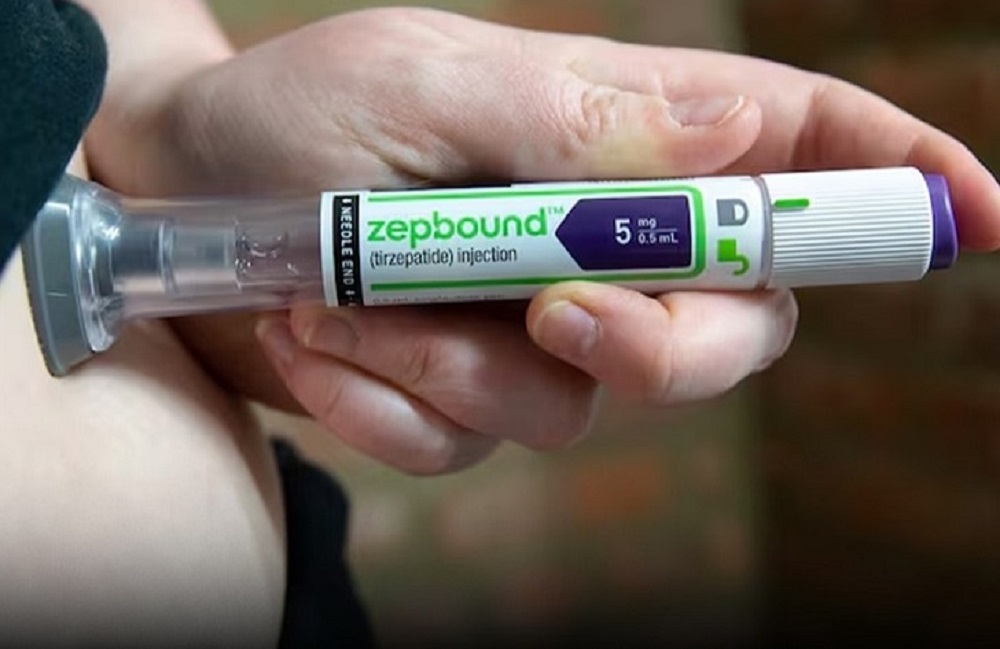Losing your baby at any stage can be devastating, and the fear of it happening again may tempt you to forgo trying to have another child altogether. Fear, anxiety, and dread are all normal responses after a period of loss and grief.
But if you're committed to having a baby and want to try getting pregnant after a miscarriage or other pregnancy loss, you might have some questions about what to expect, and how to move on. Here are some answers that can help.
How can you reduce the risk of further miscarriages?

Garon Piceli/ Pexels | After each miscarriage, your risk of another one increases
Before reading any further, you should keep in mind that repeated miscarriages are an exception and only 1% of couples have two or more miscarriages in a row. Hence, the chances of getting pregnant aren't low. While most of the things that cause miscarriage are beyond your control, you could consider a few things to reduce the risks.
For starters, the first step is to maintain an active lifestyle. If your healthcare provider gives you the thumbs up, incorporate gentle exercise into your healthy pregnancy plan. You should also get on a schedule of regular prenatal visits. You may need to go for more frequent checkups to monitor your pregnancy. Doctors also recommend giving up dangerous habits such as tobacco, alcohol, and any illegal drugs so you can have the healthiest pregnancy possible. Instead, eat a healthy diet with lots of whole grains, fruits, and vegetables.
How soon after a miscarriage can you get pregnant?

Kevin Bidwel/ Pexels | Most women who miscarry go on to have healthy pregnancies after miscarriage
While it is safe to give pregnancy another chance soon after a miscarriage, women should consider waiting two months before conceiving again. Women may ovulate as soon as two weeks after a miscarriage, assuming the baby was lost before 13 weeks, but it generally takes two months for her cycle to return. Waiting for a full two months, or for a complete and normal menstrual cycle, which generally takes about two months, ensures that the pregnancy hormone hCG has dipped to levels so low that it's undetectable. The uterine lining will also return to normal, making it receptive to receiving a future fertilized embryo.
When trying for a successful pregnancy after a miscarriage, the goal is to "reset" the body by allowing a full menstrual cycle to occur. If a woman attempts pregnancy right away, before the pregnancy hormones from the miscarriage have cleared from her body, she may receive a false positive on a pregnancy test.
Your mental health

RODNAE Productions/ Pexels | The predicted risk of miscarriage in a future pregnancy remains about 20 percent after one miscarriage
If you are struggling with negative feelings, you may need help. Up to 1 in 5 women develop mental health problems during pregnancy or in the first year after childbirth, including anxiety and depression. Some women even experience post-traumatic stress caused by a miscarriage after a pregnancy. If you, or your partner are feeling low, don’t hide your feelings or suffer in silence. You are not alone. Tell your GP and midwife how you feel. They will help you access the support you need.










